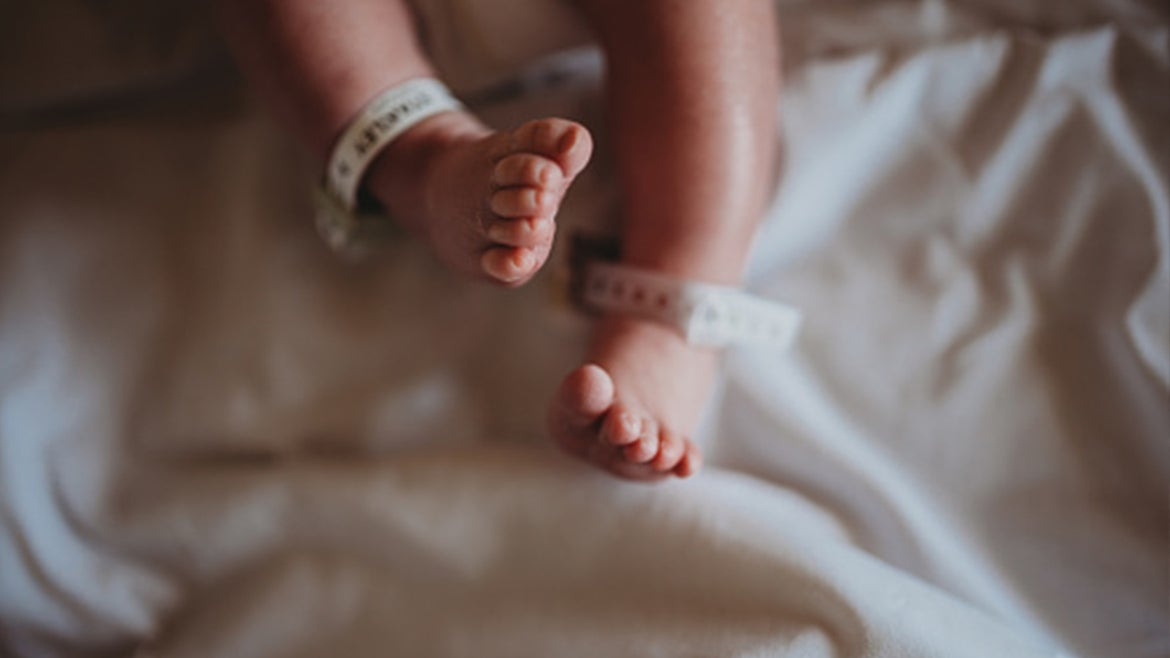Premature babies or those babies born with low birth weights may have higher rates of major illnesses throughout their lives, according to the study.
Air pollution has been linked to nearly 6 million premature births and 3 million underweight babies born worldwide in 2019, according to a recently released study.
Researchers from the University of Washington and the University of California, San Francisco, found that air pollution was the likely case for millions of babies to be born premature and under a healthy weight, CBS News reported. And, in the United States, ambient air pollution contributed to an estimated 12,000 premature births, according to the new study, the news outlet reported.
According to the study, premature babies or those babies born with low birth weights may have higher rates of major illnesses throughout their lives, CBS reported.
The study looked at how air pollution affected different stages of the pregnancy, including the length of pregnancy, preterm birth, the baby’s weight and the baby’s weight loss after birth. The study was the first of its kind to include indoor air pollution, which accounted for two-thirds of the effects documented, the report said.
The World Health Organization (WHO) has estimated that approximately 90% of the global population lives with outdoor air pollution, and 50% of the global population also lives with indoor air pollution from wood, coal and dung-fueled fires inside the home, CBS reported.
The study’s lead author, Rakesh Ghosh, who is a prevention and public health specialist at the Institute for Global Health Sciences at UCSF, said that “air pollution-attributable burden is enormous, yet with sufficient effort, it could be largely mitigated."
"With this new, global and more rigorously generated evidence, air pollution should now be considered a major driver of infant morbidity and mortality, not just of chronic adult diseases," Ghosh said. "Our study suggests that taking measures to mitigate climate change and reduce air pollution levels will have significant health co-benefit for newborns."






